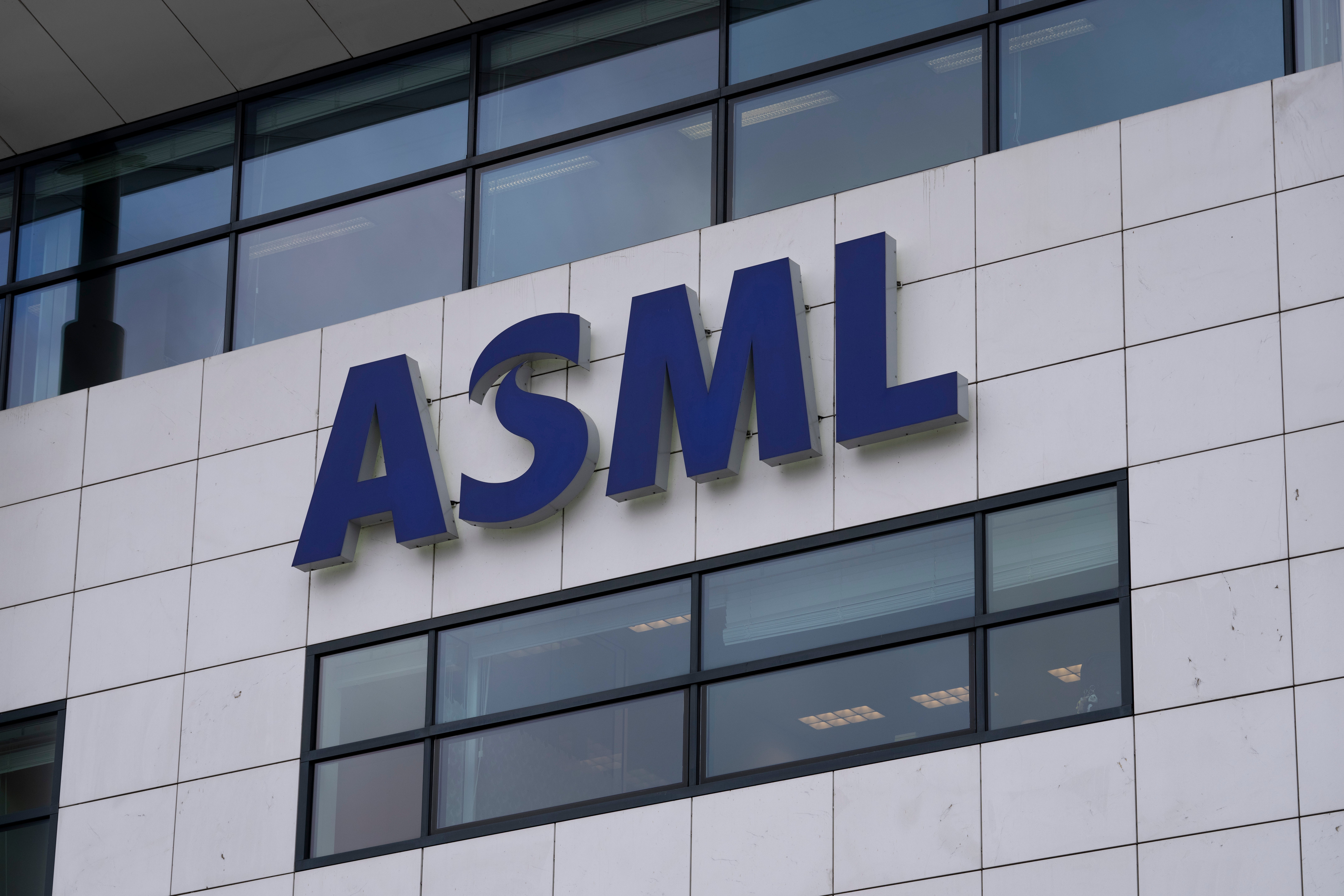Dutch semiconductor machine export restrictions to come into force in September
The Dutch government says companies that create machines that make advanced processor chips will be required to have an export license before they can be sold overseas starting in September

Dutch companies that create machines that make advanced processor chips will be required to have an export license before they can be sold overseas starting in September, the government announced Friday.
The new measure that was first announced in March, “is country neutral,” the government said. But it is seen as part of a U.S. policy that aims at restricting China’s access to materials used to make such chips, which can be used in military technology. The requirement will notably affect Duch company ASML, the world’s only producer of machines that use extreme ultraviolet lithography to make advanced semiconductor chips. The Dutch government has prohibited the Veldhoven-based company from exporting some of its machines to China since 2019.
″We have taken this step in the interest of our national security. It is good that the companies concerned now know where they stand. This way they can adapt to the new regulations in time,” Foreign Trade and Development Cooperation Minister Liesje Schreinemacher said in a statement.
Dutch Prime Minister Mark Rutte visited U.S. President Joe Biden in January for talks that included discussions about ASML's advanced chip machines.
The Biden administration in October imposed export controls to limit China’s access to advanced chips, which it says can be used to make weapons, commit human rights abuses and improve the speed and accuracy of its military logistics. It urged allies like Japan and the Netherlands to follow suit.
China has criticized the moves as violations of market principles in international trade
ASML, headquartered in the southern Dutch town of Veldhoven, still had been shipping lower-quality lithography systems to China despite the government's restrictions on advanced machines.
The company did not immediately respond to a request for comment on Friday's announcement.
“We have looked at this very carefully and have been as precise as possible," Schreinemacher said. "This way we can address the most important vulnerabilities without unnecessarily disrupting the global production of chips.″
Bookmark popover
Removed from bookmarks